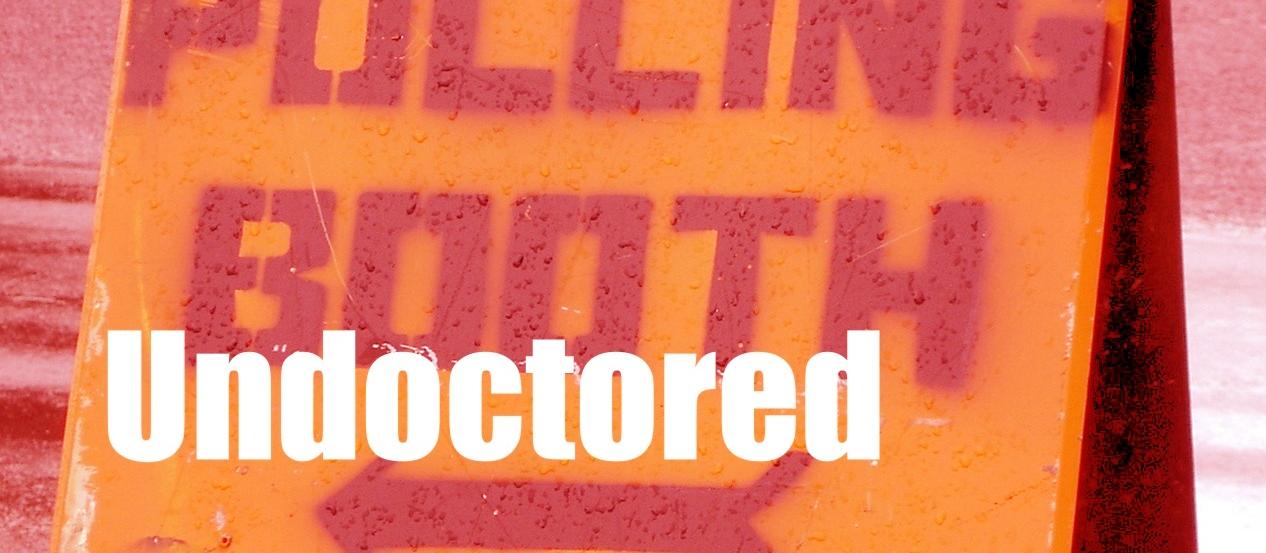For older people and frail people, the long-term benefit of medicines reduces and the potential for harm from adverse effects increases. When the benefit–risk balance changes in this way, medicine review and optimisation are important to simplify the therapeutic regimen, reduce inappropriate medicines and minimise risks. In this article, pharmacist prescriber Linda Bryant uses two case studies to illustrate important considerations during medicine reviews
Deceitful anti-smoking policy needs to be exposed
Deceitful anti-smoking policy needs to be exposed

New Zealand First will support ASH’s surge strategy, making alternatives to smoking affordable and widely available.
“We need to stop punishing smokers with high excise tax and help them quit by making affordable alternatives available. A competent health strategy would look at subsidising alternatives to help long term smokers quit,” said New Zealand First Leader Rt Hon Winston Peters.
“The government’s current Smokefree 2025 approach isn’t working with the added contradiction and hypocrisy of holding a referendum on legalising recreational marijuana.
“New Zealand First will lower tobacco excise so that the average pack of cigarettes is no more than $20, remove tax from smoking cessation tools, and put a stop to the belief that what we’re doing is working,” said Mr Peters.
“The workers and poor people in this country are being screwed over to prop up our Health system. Currently, $2 billion worth of smoke tax is taken with a massively disproportionate amount taken from those in lower socio-economic circumstances.
“Only a miniscule amount of the tax is reinvested into smoking cessation initiatives. We want to fund more addiction services and make more smoking alternatives available.
“We would prefer people didn’t smoke but for some kiwis and their families it’s a choice between smoking and buying groceries,” said Mr Peters.
“High tobacco excise has fuelled a huge black market for tobacco, with sophisticated criminal operations avoiding tax by buying and importing cigarettes from parts of the world where tobacco excise is low.
“Less sophisticated criminals target dairies and service stations which are too often victims of violent crime. Lowering excise will reduce the value of stolen cigarettes to petty criminals.




